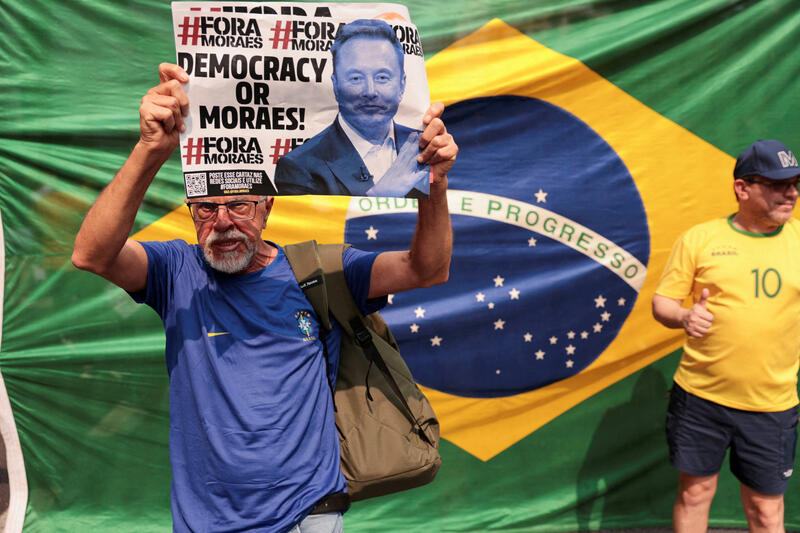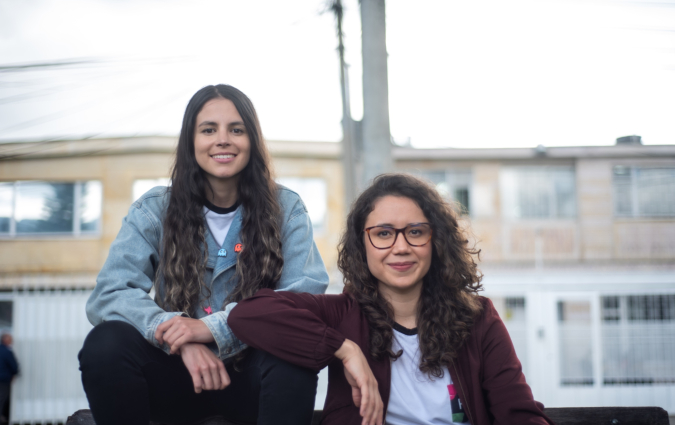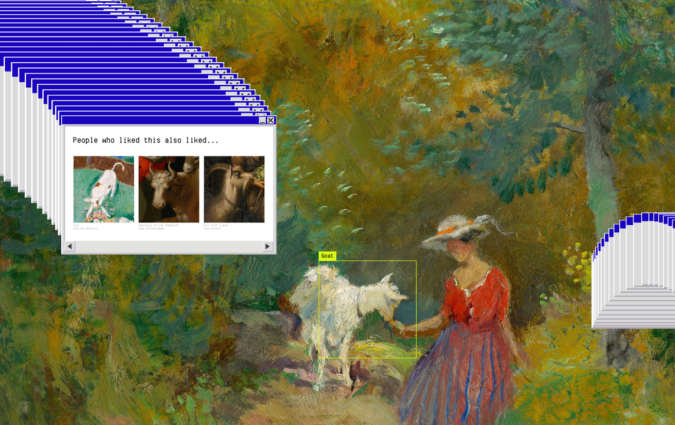X has been blocked in Brazil. Does it matter for journalism?

Supporters of former Brazilian president Jair Bolsonaro rally protesting against judge Alexandre de Moraes, who ordered the suspension of X, in Sao Paulo, Brazil September 7, 2024. REUTERS/Jorge Silva
Brazilians started September without access to X. The Supreme Court blocked it, as its owner Elon Musk refused to appoint a legal representative for the platform in the country and to comply with court orders to suspend certain accounts.
According to the company's own numbers, X has more than 21 million active users in Brazil. This figure is much smaller than the one for Instagram, Facebook or TikTok, but it's still one of X's largest user bases worldwide. This could explain why Musk is currently embroiled in an arduous social media campaign against Alexandre de Moraes, the judge who made a decision about which Brazilians seem to be split.
While X’s numbers in Brazil are hefty for the platform, it is important to keep in mind that according to our latest Digital News Report, the use of the platform for news and overall has been steadily declining in the past few years with newer platforms like TikTok overtaking it in terms for use.
With millions of Brazilian X users unable to engage in the platform and even just see their feeds, what does this mean for news publishers in the country that have built their audiences solely online? Does X even matter in a social media ecosystem where news content is being deprioritised? Is its blocking a threat for freedom of speech, and therefore for journalism, in Brazil?
To find out the answers to these questions, I spoke to three prominent editors who lead digital news outlets in the country. Their answers provide valuable nuances and help outsiders understand the impact of this decision for Brazilian journalists and audiences alike.
No longer a platform for journalism
Elon Musk’s X has become a shell of what the platform formerly known as Twitter meant for journalism. From downranking links to sending much less traffic to news organisations, journalism has not much use for X these days.
A good example is Núcleo, an investigative outlet that focuses on covering the societal impact of social networks and AI. When the site started in 2020, over 16% of their traffic came from X, then known as Twitter. After Musk acquired the platform in 2022, their X traffic more than halved to 8,6%. By the time the platform was blocked in Brazil, only 3% of their traffic came from this platform.
Núcleo’s Executive Director Sérgio Spagnuolo says they actually made the decision to pull out of X in August, which they were going to announce to their audience the first week of September, precisely the week when the block ended up taking place.
They made this decision as X had changed so much that it was not a good platform to reach their audience anymore.
“We were going to make a big fuss of it,” he says. “We were going to say that it's not a good platform for conversations anymore, it doesn’t reach many people, they don't like links, they have a lot of toxic and unmoderated content and lots of radical right-wing messaging. We were going to quit Twitter forever or until it got better. In the middle of this process, Twitter got blocked.”
For Agência Pública, the first digital non-profit investigative journalism agency in Brazil, Musk’s X had already become a useless platform. Co-founder and editor Natalia Viana says that when the amount of conversion rates for news websites on Facebook started to diminish, X (then known as Twitter) became the main social network in terms of traffic for many news organisations. But things changed radically when Elon Musk took over the platform.
“Something that always worked just stopped working,” she says, “People would stop seeing us. We didn’t know exactly what worked and didn’t work. Even though it was still our main social network for conversion, the quality of the service declined quite a lot. So when Twitter was blocked, we were already frustrated with it.”
Viana says that they also used the platform to conduct investigations via big data analysis, something that became extremely expensive after Musk decided to end free access to its API and introduced paid tiers which stopped allowing researchers to use the data for free. Most importantly, she points out that the platform became a hotbed for political disinformation and for certain types of political content.
“Elon Musk started running Twitter as a political tool pushing his own vision of the world to everyone else,” she says.
What is lost now X is gone
Unlike many other digital platforms, Brazil’s Poder360, a digital outlet that covers issues of power and politics, has never relied on social media platforms for much of its traffic. Executive Director Mateus Netzel explains that less than 3% of their audience comes from social media platforms with up to 90% of their audience reaching the site direct or through search. They won't experience a loss in terms of traffic, he says, but they'll miss the platform as a place for public debate.
“X or Twitter always had a disproportional impact on public debate because all the politicians and all the journalists are there. It resonates so much more than any other platform, even though the other platforms are much bigger in terms of numbers,” says Netzel. While a lot has changed under Musk’s X regime, he says that the platform was still relevant as a means to report on what politicians and civil society groups were saying.
“For example, Musk created the profile 'Alexander Files' to talk about the ban. He is posting every day, and the community around him is posting every day too,” Netzel explains. “In theory, there are journalists and outlets who do not have access to that right now and this is a very important restriction because they need to report on this issue and they will have to rely on indirect sources.”
As a way to circumvent these restrictions, Poder360 has enlisted their two stringers in Portugal, where X is not blocked, to report on what is happening on X as well as keeping their social media page active.
A mass migration to Bluesky?
X’s block seems to be benefitting one of its competitors. Bluesky, a social network founded by former Twitter CEO Jack Dorsey, said it has gained 2.6 million users since the beginning of September, 85% of them in Brazil. Will news publishers follow their lead?
Agência Pública already had an account on Meta’s X-like competitor Threads and now it’s created an account on Bluesky. While they lost 270,000 followers on X, they have only gained 13k followers on Bluesky, but editor Viana says the interactions are much greater. “[The number of] people responding and liking and commenting is bigger than it was on Twitter,” she says.
Núcleo’s Spagnuolo is also seeing potential in Bluesky. While they already had an account on Bluesky before the block, he also says that engagement is much higher now. “[Bluesky] doesn’t down-rank links so you can post a link and it’s not getting down-ranked. They don't care if you go out of the platform or not,” he says. “We are using [Bluesky], but it's not a priority for us. We are prioritising our own direct channels.”
Elon Musk’s X is not the only platform deprioritising news. Meta has also decisively distanced itself from journalism, particularly on Facebook. These algorithmic changes have made many publishers even more reluctant to rely on Big Tech.
“[The block] is going to affect our overall traffic. But it is part of a plan we already had to reduce our dependence on social media overall and, most importantly, on social media that is unreliable and run by bullies,” says Viana. For Agência Pública, the plan includes focusing on reaching audiences more directly via newsletters and podcasts.
Núcleo, which has seen their own engagement on X plummet since Musk took over the platform, is also focusing on growing direct channels. “Social media is important for us as a tool for conversation, but we are not putting too much effort into building social media following right now,” Spagnuolo says.
According to our own Digital News Report, most Brazilians (74%) consume news online, with WhatsApp and YouTube tied as the top platforms for news. X/Twitter used to be the fifth most consumed social platform for news since 2020, but this year it was surpassed by TikTok. According to our data, only 9% of Brazilians use X for news. The figure was 16% in 2020.
Poder360 has never prioritised social media. While they already had a presence on Bluesky (and Threads), Netzel’s concern lies in the question of whether or not any of these platforms will be able to become as relevant as X was.
“I am not sure if all the groups and individuals that use X to speak will go to Bluesky and Threads,” he says. “X was so relevant because all these groups (politicians, the international community, people left and right) were there. I don't know if all those groups will migrate.”
An attack on free speech?
“Free speech is the bedrock of democracy and an unelected pseudo-judge in Brazil is destroying it for political purposes,” posted Elon Musk on his X account on 30 August, the day before Brazil’s X block came into effect.
Since then, many have presented Elon Musk as a free speech warrior. But the question of whether or not Brazil’s Supreme Court ruling is an attack on free speech, and so implicitly journalism, elicited various responses from the journalists I spoke to.
Poder360’s Netzel sees the current dispute as a political confrontation rather than a direct attack on freedom of expression in Brazil. He’s not in favour of restrictions, but he also points out that X is a private platform. Brazilians can express themselves in many other ways aside from X.
“As a journalist, I'm always worried about any form of restricting ways in which people express themselves,” Netzel says. “Having said that, this is a complex question and I do think that Elon Musk is embracing this kind discourse to help his business”
Similarly, Núcleo’s Spagnuolo doesn’t see this episode as an attack on freedom of speech but as a legal case. “If all platforms were taken down now, that's a freedom of speech issue,” he says. “But this is not a free speech case. This is a judicial compliance case. The platform is not being taken down and blocked because it runs bad content. It is being blocked because it does not comply with judicial decisions. That's the basic difference.”
Back in 2014, the Brazilian government passed the “Marco Civil da Internet”, a piece of legislation that acts as a framework for Internet regulation in the country, including protections for user privacy and net neutrality. Section III of the law says that platforms are liable for harmful user-generated content only if they fail to remove that content after receiving a specific court order.
In response to massive disinformation campaigns which culminated in the storming of the Brazilian Congress by Jair Bolsonaro’s supporters in January 2023, the Supreme Court initiated inquiries to investigate those involved in allegedly spreading fake news on social networks to influence politics. After X refused to comply with legal orders to block accounts of people investigated for threatening Brazilian democracy (in addition to refusing to name a legal representative in the country), judge Alexandre de Moraes ordered the ban of the platform. Agência Pública has its own history with judge De Moraes.
In September 2023, the outlet published a piece on serious accusations against the current President of the Chamber of Deputies. The piece was taken down by Moraes on grounds of disinformation. Agência Pública has maintained that the piece they published shouldn’t have been banned.
Despite Viana’s outlet’s history with the judge, she is not siding with Musk on the current debate. “Musk can say whatever he wants, but he has to follow the law,” she says. “And if he doesn't, there would be consequences, which is what happened and this is all on him.”
Viana, who analysed misinformation in Brazil and other countries in 2022 as a Nieman Fellow at Harvard, sympathises with the efforts to curb the wave of falsehoods plaguing the country. Many of these campaigns have questioned the integrity of the democratic process and have spread falsely that there was fraud in the latest election.
“Brazil has been dealing with this crisis quite strongly for five years now,” says Viana. “Social media [platforms] act in their own interests and quite often go against the interests of our country’s citizens.”
Viana stresses that digital platforms shouldn’t be above the law. “We're talking about companies that are mediating such an important aspect of our lives that it is very important that they pay attention to the national context and that they follow the national laws,” she says. “Silicon Valley uses an absolutist freedom narrative just to protect their interests and in a way that they can spend the least money possible understanding the local situation and caring for it. They just want more profit.”
In every email we send you'll find original reporting, evidence-based insights, online seminars and readings curated from 100s of sources - all in 5 minutes.
- Twice a week
- More than 20,000 people receive it
- Unsubscribe any time
signup block
In every email we send you'll find original reporting, evidence-based insights, online seminars and readings curated from 100s of sources - all in 5 minutes.
- Twice a week
- More than 20,000 people receive it
- Unsubscribe any time







